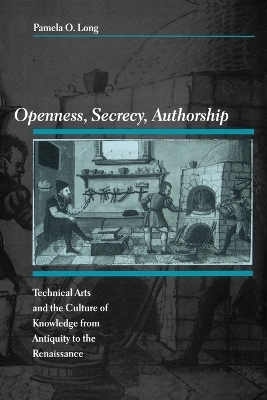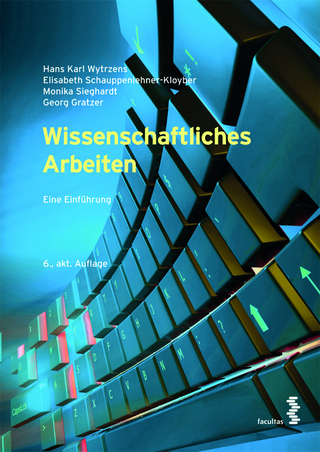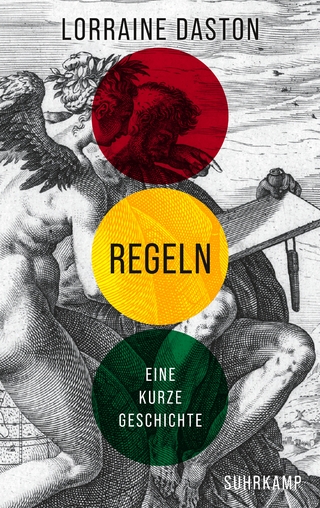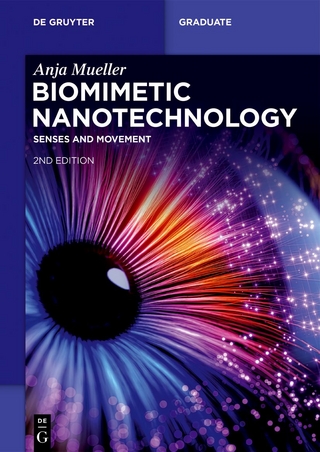
Openness, Secrecy, Authorship
Johns Hopkins University Press (Verlag)
978-0-8018-8061-2 (ISBN)
- Lieferbar (Termin unbekannt)
- Versandkostenfrei innerhalb Deutschlands
- Auch auf Rechnung
- Verfügbarkeit in der Filiale vor Ort prüfen
- Artikel merken
In today's world of intellectual property disputes, industrial espionage, and book signings by famous authors, one easily loses sight of the historical nature of the attribution and ownership of texts. In Openness, Secrecy, Authorship: Technical Arts and the Culture of Knowledge from Antiquity to the Renaissance, Pamela Long combines intellectual history with the history of science and technology to explore the culture of authorship. Using classical Greek as well as medieval and Renaissance European examples, Long traces the definitions, limitations, and traditions of intellectual and scientific creation and attribution. She examines these attitudes as they pertain to the technical and the practical. Although Long's study follows a chronological development, this is not merely a general work. Long is able to examine events and sources within their historical context and locale. By looking at Aristotelian ideas of Praxis, Techne, and Episteme. She explains the tension between craft and ideas, authors and producers. She discusses, with solid research and clear prose, the rise, wane, and resurgence of priority in the crediting and lionizing of authors.
Long illuminates the creation and re-creation of ideas like "trade secrets," "plagiarism," "mechanical arts," and "scribal culture." Her historical study complicates prevailing assumptions while inviting a closer look at issues that define so much of our society and thought to this day. She argues that "a useful working definition of authorship permits a gradation of meaning between the poles of authority and originality," and guides us through the term's nuances with clarity rarely matched in a historical study.
Pamela O. Long is a historian who has taught at Barnard College,St. Mary's College of Maryland, and Johns Hopkins University. She has been a fellow at the Folger Institute for Renaissance and Eighteenth Century Studies, a Senior Fellow at the Dibner Institute for the History of Science and Technology at M.I.T, an Andrew W. Mellon Foundation Post-Doctoral Rome Prize fellow at the American Academy in Rome, and a fellow at the Davis Center at Princeton University. Her articles have appeared in Isis, Technology and Culture, and elsewhere. She is the editor of Science and Technology in Medieval Society; and the author of Technology, Society and Culture in Late Medieval and Renaissance Europe, 1300-1600; and Technology and Society in the Medieval Centuries: Byzantium, Islam and the West, 500-1300.
Contents: List of Illustrations Acknowledgments Note on Editions and Translations INTRODUCTION- Categories and Key Words: Local Meaning in Long-Term History Chapter 1: Open Authorship with Ancient Traditions of Techne and Praxis Chapter 2: Secrecy and Esoteric Knowledge in Late Antiquity Chapter 3: Handing Down Craft Knowledge Chapter 4: Authorship on the Mechanical Arts in the Last Scribal Age Chapter 5: Secrecy and the Esoteric Traditions of the Renaissance Chapter 6: Openness and Authorship I: Mining, Metallurgy, and the Military Arts Chapter 7: Openness and Authorship II: Painting, Architecture, and the Other Arts EPILOGUE - Values of Transmission and the New Sciences Notes Bibliography Index
| Zusatzinfo | 8 Line drawings, black and white; 9 Halftones, black and white |
|---|---|
| Verlagsort | Baltimore, MD |
| Sprache | englisch |
| Maße | 156 x 235 mm |
| Gewicht | 454 g |
| Themenwelt | Naturwissenschaften |
| ISBN-10 | 0-8018-8061-0 / 0801880610 |
| ISBN-13 | 978-0-8018-8061-2 / 9780801880612 |
| Zustand | Neuware |
| Haben Sie eine Frage zum Produkt? |
aus dem Bereich


